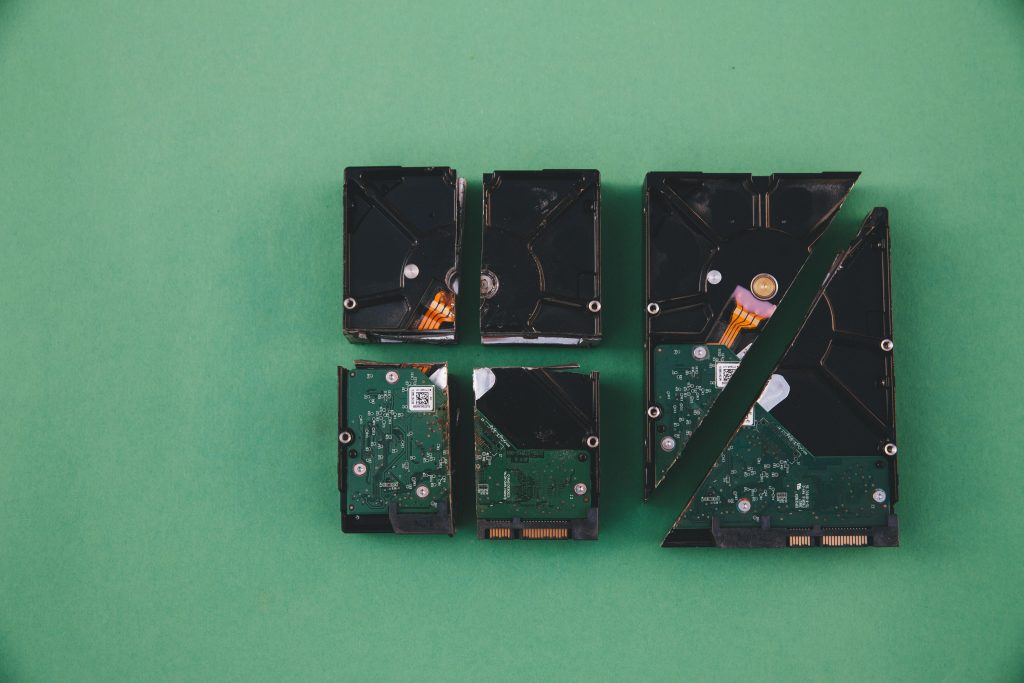Introducing OpenSuperClone-Live: A Modern Solution for Cloning Needs

We’re excited to unveil OpenSuperClone-Live (OSC-Live), a contemporary enhancement and replacement for the outdated HDDLiveCD. Designed for efficiency and ease, OSC-Live incorporates the functionality of OpenSuperClone—a vigorous offshoot of HDDSuperClone—to improve your cloning experience.
Get Started: Download OSC-Live
Project Overview
OSC-Live represents an ongoing effort over recent months to deliver an intuitive and robust live operating system based on Linux. This release prides itself on maintaining HDDLiveCD’s foundational benefits while introducing significant user experience enhancements and resolving previous software limitations.
Take note that I am not the original developer of OpenSuperClone. The code repository is available for review and collaboration on GitHub.
Key Updates in OSC-Live
- Transition to OpenSuperClone: This upgraded tool mirrors HDDSuperClone’s capabilities while offering additional bug fixes, UI enhancements, and an updated kernel driver compatible with the latest Linux versions.
- OS Upgrade: Transitioning from Xubuntu 18.04 to Xubuntu 20.04 sets the stage for better performance and newer version compatibility through an enhanced Linux kernel driver.
- Secure Boot Compatibility: Updated boot certificates eliminate warning messages during creation of bootable drives, thereby supporting modern UEFI firmware without friction.
- Standard Isohybrid Format: Create live USB drives via any standard Linux or Ubuntu file-compatible tool, ensuring smooth operation for MacOS users with applications like Balena Etcher.
- Customizable Boot Menus: Pre-configured options for disabling ATA ports optimize Direct AHCI Mode for tailored usage.




Response to OpenSuperClone-Live Release
Thank you for introducing OpenSuperClone-Live (OSC-Live)! It’s refreshing to see a modern tool replacing HDDLiveCD with a focus on enhanced performance and user experience.
As a technically experienced user, I appreciate the transition to OpenSuperClone. The improvements in bug fixes and the updated kernel driver, compatible with the latest Linux distributions, are crucial for ensuring smooth operations. The decision to move from Xubuntu 18.04 to 20.04 is also strategic, as it supports newer software and hardware.
It’s great to see the emphasis on secure boot compatibility, as this will reduce the friction associated with UEFI firmware. The standard isohybrid format is another major convenience, enabling easier creation of bootable USB drives. Having options like Balena Etcher will definitely appeal to users across different operating systems.
Also, I find the customizable boot menus feature impressive. Tailoring Direct AHCI Mode is valuable for users looking to optimize their setups, especially in data-sensitive environments.
For anyone looking to test OSC-Live, I recommend reviewing the code repository on GitHub for insights into its capabilities and potential for contributions.
Looking forward to seeing how OSC-Live evolves and how it can further enhance the cloning process!
Thank you for sharing the detailed update on OpenSuperClone-Live (OSC-Live). It appears to be a significant enhancement over HDDLiveCD, especially with features like improved hardware support and UEFI compatibility.
If you’re experiencing issues with the boot process or creating bootable USB drives, here are some troubleshooting tips: